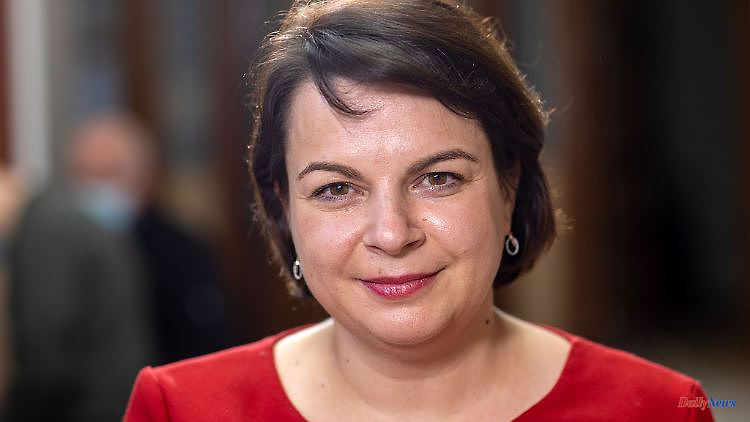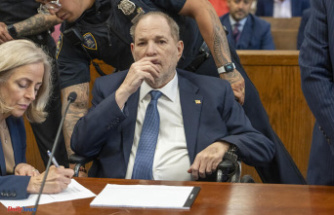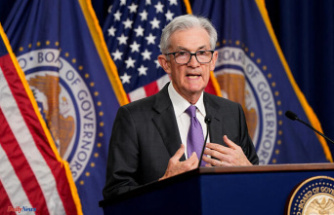Schwerin (dpa/mv) - Despite increasing gaps in medical care, especially in rural areas, Mecklenburg-Western Pomerania does not want to increase the number of medical study places. As Health Minister Stefanie Drese (SPD) said on Monday in the state parliament in Schwerin, almost 3,400 doctors are currently being trained at the universities in Rostock and Greifswald. That is arithmetically 2.25 per 1000 inhabitants and thus almost twice as many as in Bavaria or Saxony. "Mecklenburg-Western Pomerania is already training well beyond its own needs," said Drese. Other countries are now obliged to train more.
The aim remains to attract more medical graduates to work in the state and thus to fill vacancies in country doctors. The country doctor quota when filling study places or investment grants for young doctors in the establishment are measures for this, explained Drese. According to medical associations, about one in three of the approximately 1,200 general practitioners in the Northeast will retire in the next ten years.
For the opposition CDU, MP Katy Hoffmeister had asked the state government to increase the number of places for first-year students by 100, referring to the staff shortages. She referred to demands from Federal Minister of Health Karl Lauterbach (SPD) to increase the number of medical university places nationwide by 5,000 in order to meet the demand. "The shortage of doctors is not a scenario, it is a very practical problem," said Hoffmeister. Not only are many doctors retiring, an aging society also needs more doctors.
The CDU did not find a majority for its application in the state parliament. Speakers from the coalition factions of the SPD and the left, like Drese, referred to the disproportionately high medical study rate in the north-east. They also justified the rejection with the high additional expenses. With costs of more than 200,000 euros per medical degree, the state would have to provide around ten million euros a year, even if half of the costs were covered by the federal government, explained Left-wing MP Christian Albrecht.












